Meet Loo Ly Mun (Lymun), a social and environmental changemaker based in Kuala Lumpar, Malaysia. He attended our UnSchool Mumbai Fellowship in November 2017 and will now be our host for the next UnSchool program happening in November in Kuching!
Lymun and his partner Nisha run Ecocentric Transitions, an organization that works at “empowering individuals through skill-building and ecological empathy, strengthening community resilience through localized initiatives and relationship-building, and guiding early adopters in industry to champion sustainability in their core strategies.”
The exciting thing about our fellowships being hosted by our past alumni is that we get an incredible insider perspective of the city and community we are exploring. That’s why when Lymun invited us to come to Kuching, we jumped at the chance to collaborate with him. It’s part of the UnSchool philosophy to make sure that in any place we run programs, we are invited into that space and not just parachuting in, and that local fellows help produce and run the entire complex adventure that we co-design! Hosts find the amazing local mentors, seek out unique locations and design local adventures for us to explore the social and environmental change examples that ignite creative change in our participating fellows.
We embody participatory design in all that we do, and that includes designing programs and creating experiences that take into account a diversity of local contexts, places, and people. The idea of going to Borneo (Kuching is the capital of Malaysian Borneo) excited us as it’s one of the most beautiful places in the world. We are also aware that it’s an environmentally sensitive area, and our program will have unintended impacts. So working with our local hosts and producers helps ensure that our mission of having as much positive impact as possible, to contribute to the community in a beneficial way, and to mitigate any of the more undesirable impacts we may have, is achieved.
Kuching is actually the capital of Sarawak (a state in Malaysia) and offers several co-working spaces, fascinating insights into the region, and the opportunity to connect with those (like Lymun and Nisha) who are doing amazing work in sustainability and education for the area.
Borneo is one of the most dense biodiverse areas in the world
We recently checked in with Lymun to see hear about what impact the fellowship has had on him, why he wanted to bring the program to his hometown, and how he’s using what he learned from his time with the UnSchool.
Hi Lymun! Can you give us an introduction to yourself and why you do what you do?
“I’m a homo sapien. Was and always will be. I was one of those little kids that grew up with dinosaur books who could name almost all of them. Living with pets most of my life and being active in a scout troop nurtured my adoration of mother nature, along with the many creatures and vegetation that brings life within it and all around us. My natural tendencies toward science subjects led me to study electrical and electronics engineering. Didn’t like it, delved into other fields of work that’s unrelated, ventured into the dense jungles of Borneo for a 10-week expedition, found new interest in people, behaviour, and team building, came back to work in the corporate world, and then fast forward about a decade later, I founded Ecocentric Transitions (ET) with my partner Nisha.
Nisha and Lymun of Ecocentric Transitions
Ecocentric was born out of our hearts to preserve our beloved environment after witnessing the degradation of our favourite camping spots and hiking trails that we visited over the years, littered with trash, and overbuilt with development.
To encourage sustainable living habits among our family, friends, peers, and the general population of planet Earth who have access to modern-day facilities like the internet, we started learning and teaching various workshops that could potentially save the human race from itself — like gardening vegetables, making compost bins, harvesting rainwater, carbon cycles, permaculture, pinhole camera making, and many other slow- life type, repurposed base weekend explorations of the world as we know it.
This was when we discovered that kids are quite impressionable. New mission: brainwash children into becoming champions for the environment, in an ethical way. Through play and a lot of encouragement. Our work now mostly focuses on service design and experiential education programming.”
What made you come to the UnSchool and how did you find out about it?
“An opportunity to meet not one but two UNEP Champions of the Earth (Leyla and Afroz Shah) and also some of the most brilliant people in this realm of expertise? Yes, please.
I also wanted to learn more about systems design and how our brains have an important role to play in all of this sustainable stuff. Leyla’s TED talk titled Paper beats plastic? How to rethink environmental folklore was an eye-opener, and it rattled my understanding of what I know about sustainability. It made me wonder what else irks my unexamined assumptions when it comes to the everyday things that we use. This then started my research into the topic of systems design and also a bit of stalking Leyla’s work, in which we finally found the UnSchool program in the vastness of cyberspace.”
What was your experience like in the Fellowship?
“My motivation to be a part of UnSchool was to validate what I knew and believed about sustainability, and spending time with my cohort was inspiring. The energy was very positive from day one, leaders in their own right — everybody shared similar values and brought a diversity of skills and insights to the discussions. This was a bonus on top of the amazing sessions led by Leyla and Dagny.
Doing the pre-work is important, as it allowed me to better digest the content. I really appreciated the observation trips across Mumbai where we traveled in a school bus (dancing included) to observe and investigate established ‘systems’, like Dhobi Ghat, where a whole township of people manage laundry at the mammoth scale for the whole city. Observing the working environment and living quarters and then reflecting on environmental issues, economic value, and social equity against my world view was sobering and challenging. It was also very inspiring to listen to a small group of very passionate children living in the slums of Dharavi talking about creating great change for themselves, their families, and the environment around them.
Equally impressive was participating in the world’s largest volunteer-run beach clean-up. To top it all off, we were invited into the home of the person that made it all happen, which was even more amazing. We were welcomed by dozens of people from the local beach clean-up community where all of us packed tightly in a small studio apartment. In there, they shared great stories of their efforts to fight waste pollution on their beach home, all the while prepping dinner, socializing, and then eating it all together. And of course, there was a little crazy dancing before we said our farewells. It is truly great to see a leader share their home and celebrate each success with their community. Like a big family.
The 24-hour no-sleep Design challenge — we won the design challenge, yay! The time pressure created urgency, pushing our diverse team to band together. This proved how important it is to define the right question; we spent 70% of the time defining the question/challenge and 30% on developing the solution. Our mentors were great filters in instigating our solutions.
I also appreciate some of the exercises that made us look deep within ourselves and question the very nature of our being. This has reinforced my sense of purpose and drive for the things that I do.
Sharing these personal motives with some of the fellows made me feel a lot more connected to one another in a way that we all want good things to happen in this world that we share, no matter where we come from.”
What was the main take away you had from coming to the UnSchool Fellowship?
“Knowing that we are a part of a network of people that value the same things as we do and are keen to collaborate across the world reinforces our beliefs and sense of connectedness in tackling global issues of this magnitude. This makes me feel assured and inspired in the work that we do as a collective.”
How have you amplified your change in the world you do now?
“We have learned to choose our collaborators, design work based on leverage points, and affect change on a bigger scale.”
Any other thoughts you want to share?
“We, as the human species, need to rise up against the unending hunger that’s devouring the consciousness of the planet. That hunger is called, capitalism!…. ok scrap that. Maybe the next interview.
It helps to take a few steps back and re-examine our assumptions. James Lovelock who defined the Gaia Theory evaluated what it takes to sustain life and discovered that the planet is a self-regulating organism. Everything is connected, even at the subatomic level. Everyone has a role to play in creating the future that we dream of. Let love and hope be our guide to every decision we make today, no matter how big or how small. Speak with the heart. Peace.”
To learn more about Lymun’s work and follow along with Ecocentric’s updates, check out their website: Ecocentric Transitions or follow them on social: Instagram or FB.
You can also learn more about RIMBA The Card Game, which is dedicated to 30 animals from Peninsular and Borneo Malaysia and aspires to help people recognize the various animals in an attempt to raise awareness following mass rapid deforestation and flooding, on social here: Instagram or FB
————————————————————————————————————————————
Hurry! Applications are open for our 10th Emerging Leaders Fellowship program for just a few more days! Get yours in today to learn more about this issue and to discover the tools for making a positive impact by design.












